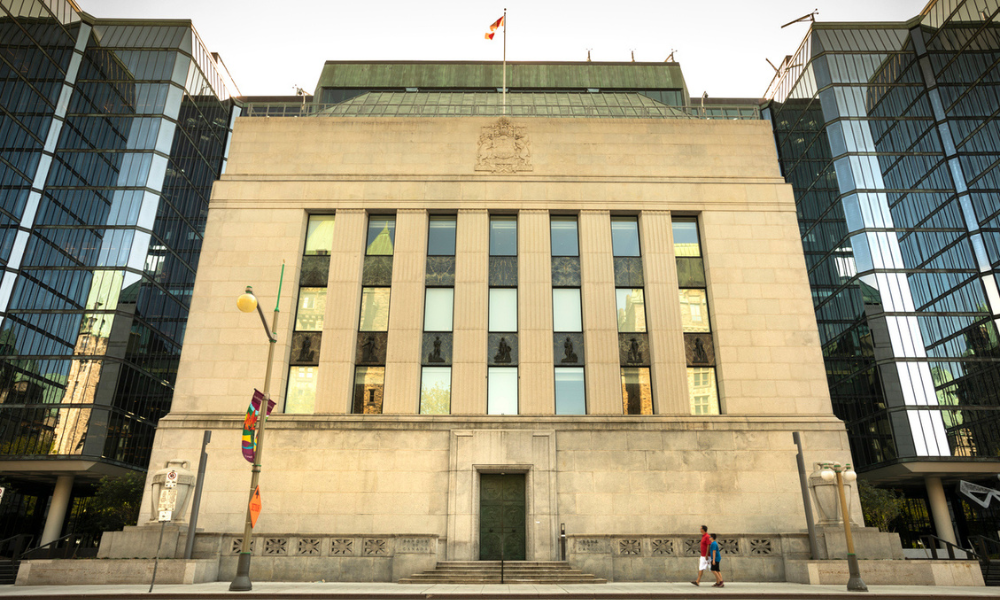Policy expert highlights importance of transparency on unintended consequences of monetary policy

Beyond ensuring economic prosperity, central banks’ mandate to prevent overheated prices and recession is crucial in acting against social inequality, according to one policy expert.
In an intelligence memo published by the C.D. Howe Institute, John D. Baker, a PhD candidate in Economics at the University of Waterloo, argued that short-term inequity is exacerbated by high inflation and recessions, which disproportionately affect employees at the bottom of the income distribution.
He acknowledged that low inflation and macroeconomic stability are both helpful. But while the long-standing inflation mandate has just been extended, Baker also pointed to growing requests for central banks to become more involved in social issues such as income inequality.
Even though the central bank is not the right institution to solve these issues, offering more openness on the unintended repercussions of monetary policy would be beneficial, he said.
After central banks unleashed an unprecedent wave of COVID-19-induced monetary stimulus, they are being questioned more about economic inequality and how differences in wealth (particularly the post-stimulus effect on asset prices) and income may interact with expansionary monetary policy. This pattern precedes the epidemic and supports the idea that the impact of monetary policy on inequality does not simply disappear over time.
Baker conceded that COVID-related stimulus, both monetary and fiscal, has helped to stabilize the significant labour market disruption caused by the pandemic's start. Mitigating labour market uncertainty invariably benefits individuals at the bottom of the income scale, as COVID-19 shutdowns disproportionately impacted this group.
However, he contended that expansionary monetary policy also raises asset prices, which are disproportionately held by Canada's wealthiest households. While asset-rich Canadians saved and invested during the pandemic crisis, many low-wage workers in vulnerable areas such as retail and hospitality encountered significant job insecurity.
Still, weak monetary policy cannot be blamed for all asset price increases but it is undeniably a component. A perfect example, Baker said, is in the case of home pricing.
Housing market imbalances are frequently blamed on a lack of supply and "extrapolative expectations," according to central bank communications. While these variables are important, he maintained that the favorable lending climate, which has spurred unprecedented demand from investors and repeat home buyers compared to first-time buyers, has also played a role.
Baker cited recent research that suggests contractionary and expansionary monetary policy on income inequality have asymmetric effects on income inequality. Aside from these factors, he said it's unclear if monetary policy is the ideal tool for resolving these conflicts.
Instead, he said, the central bank should engage in an open discussion about these issues, as well as transmit a clearer understanding of the externalities that come from maintaining a particular policy stance.
“Amid the post-COVID worries of rising inequality – not to mention persistently high inflation – it is essential for Canada’s central bank to continue its tradition of transparency with the public,” Baker said.



